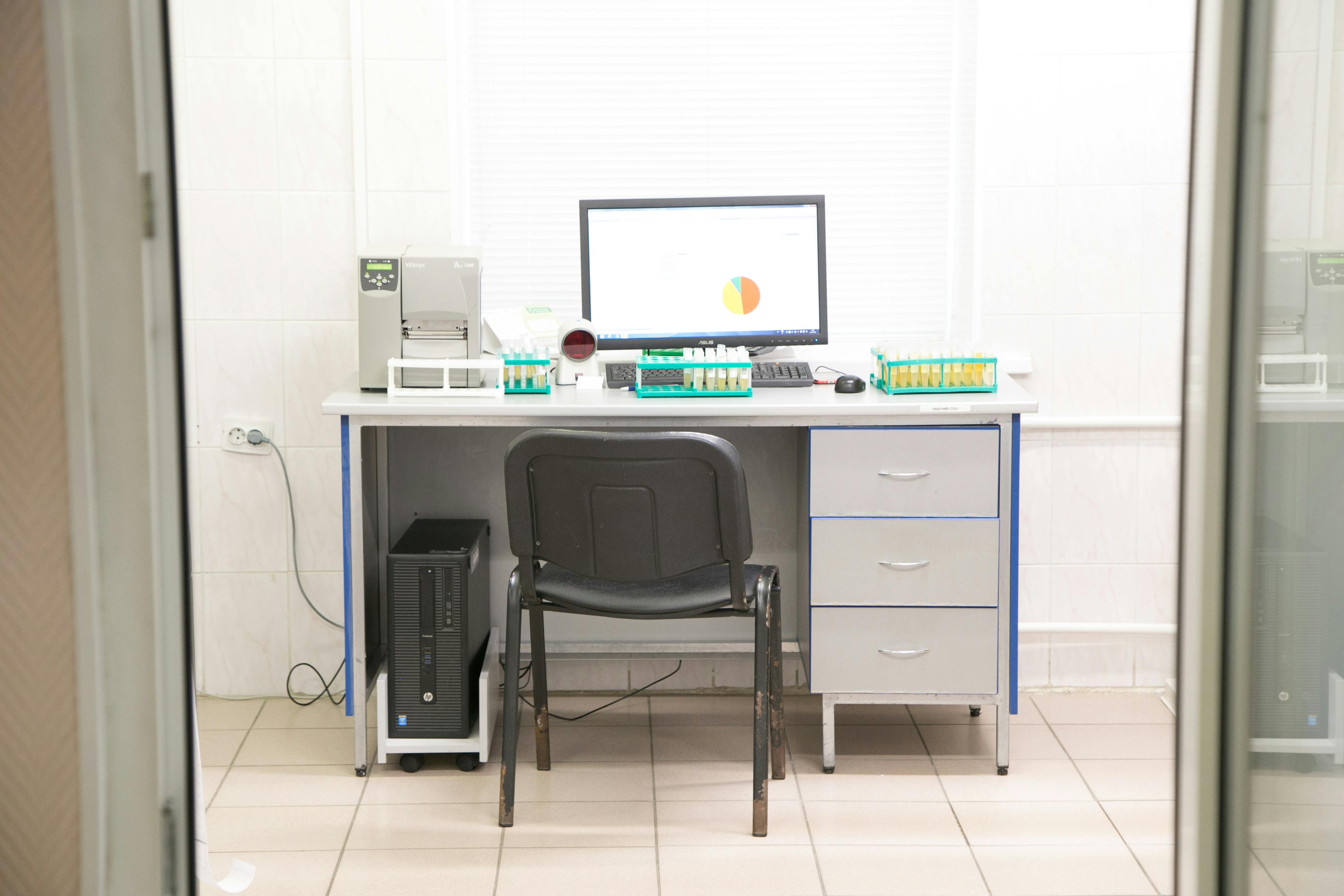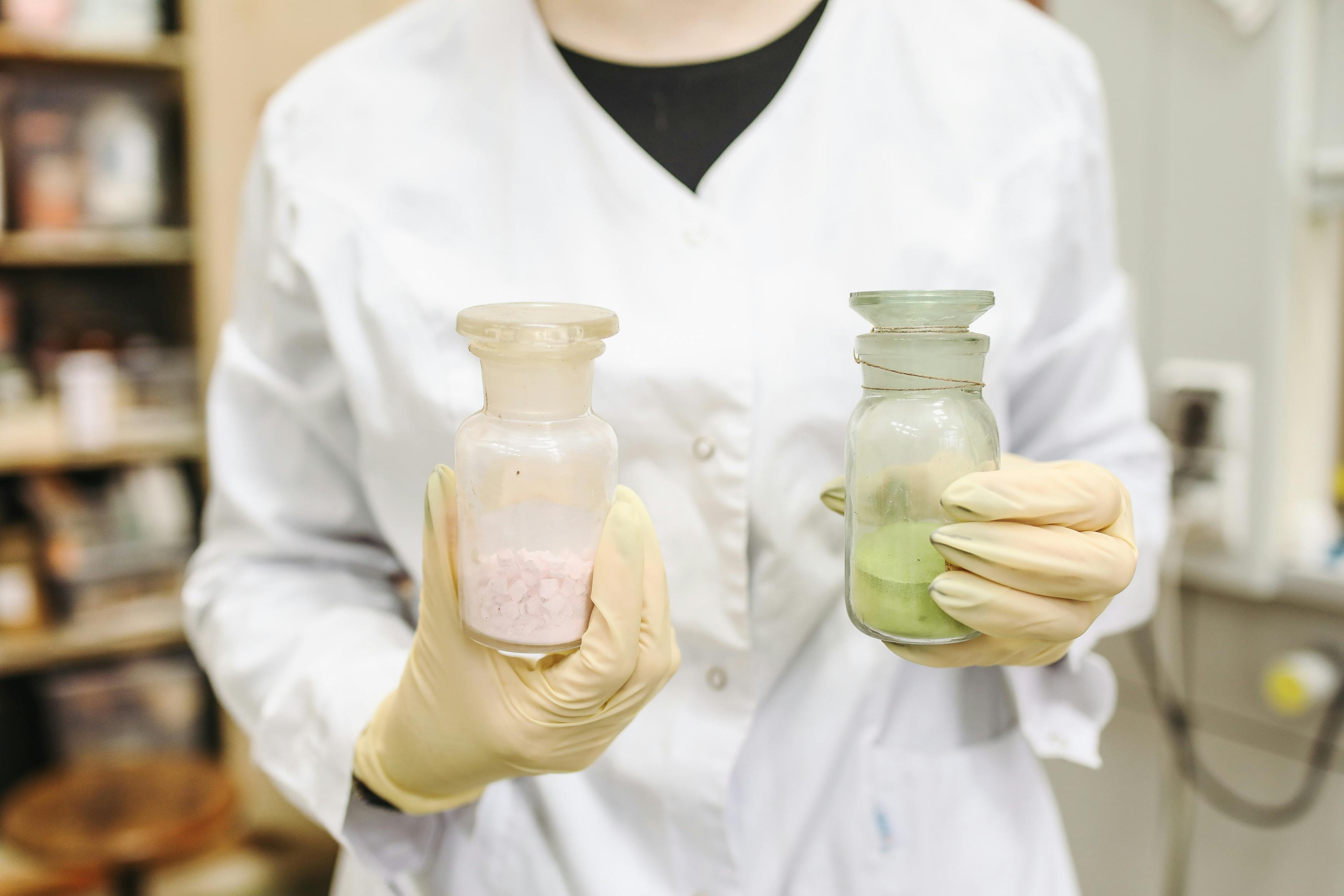
Home Infusion Pharmacy: Careers, Training & Patient Impact
27 May, 20245 minAccording to the Department of Health and Human Services, home infusion is one of the f...

According to the Department of Health and Human Services, home infusion is one of the fastest-growing sectors of home health care in the U.S. The National Home Infusion Association (NHIA) estimates that there are currently 1500 US pharmacies offering infusion therapies.
One reason for projecting growth is that the number of patients estimated to need such therapy is expected to increase. The American Hospital Association estimates that approximately 133 million Americans currently have at least 1 chronic illness. That figure is forecasted to reach 170 million by 2030, with many of those patients requiring medication that needs to be infused or injected, including the growing number of biologics.
Additionally, according to recent studies, the U.S. Home Infusion Therapy Market was valued at USD 16.8 Billion in 2021 and is expected to reach USD 21.65 Billion by 2028 with a CAGR of 3.68% over the forecast period.
This article explores job opportunities, training paths, and the impact on patient care in this exciting field. Let’s dive in!
What is a Home Infusion Pharmacist? An Introductory Overview
Home Infusion Pharmacy specializes in providing intravenous therapies, clinical therapy management, and other related support services not available from most traditional retail pharmacies and have them delivered right in the comfort of the patient’s home.
As the term indicates, the process of home infusion involves administering medication through a needle or catheter in a setting other than a hospital or other medical facility. Home infusion is increasingly becoming a safe and effective alternative to inpatient care for a range of therapies and acute as well as chronic disease states. Many patients prefer receiving treatment at home as compared to having to go to a medical facility. Quality-of-life benefits and improved clinical outcomes have been found among patients who received home infusion.
Perhaps the biggest advantage of a home infusion pharmacy is that it makes it very convenient and easy for patients to access long-term therapy without having to go through protracted hospital stays. Not only is it more cost-effective but home infusion therapies also enable patients to resume their normal activities faster, besides reducing the risk of hospital-acquired infections.
The Role of a Home Infusion Pharmacist
A home infusion pharmacist specializes in the provision of medically necessary infusion therapies to patients in their homes or similar settings.
The home infusion pharmacist works closely with an RN (registered nurse), RD (registered dietician), intake (department representative), billing (department representative), pharmacy technicians, and other physicians. That’s because, at the time of a hospital discharge of a patient, a lot of coordination and follow-up actions have to be worked out for a smooth transition to home infusion therapy. Once a referral is confirmed for the start of care, the intake specialist will inform the home infusion pharmacist.
At a home infusion center, the pharmacist reviews and processes the order, including infusion supplies, followed by a consultation with the patient to decide a delivery time. During consultation, the pharmacist also determines how the drug is going to be administered - IV push, elastomeric device, gravity, or mechanical pump - and assesses whether the patient or caregiver can learn to self-administer, the type of IV access, and home environment before deciding on the setup.
Understanding Home Infusion Therapy: Processes and Benefits
Home infusion therapy mimics the processes followed at a hospital but except that the location of that treatment shifts to the patient’s home. The initial reason for setting up home infusion pharmacies was to help patients transition from the hospital setting to a location (usually their homes) where they could heal in relatively more privacy and comfort. They would continue to receive therapies for antibiotics, hydration, and nutrition but with a marked lower risk of incurring hospital-related infections.
Let’s see how the home infusion process works and what are the benefits of this therapy.
Home Infusion therapy process
Once the physician prescribes home infusion therapy, a healthcare provider carries out a detailed assessment to ensure that the patient is indeed eligible for home infusion therapy. This includes assessing their medical condition at the time of hospital discharge and the environment of their home, including who the caregivers are likely to be. Once these criteria are met, a multidisciplinary team of doctors, pharmacists, and nurses draws up a customized care plan for the patient.
Since home infusion takes place outside of a hospital setting, both patients and caregivers are given thorough training on managing infusion equipment, administering medication, and identifying potential side effects. As treatment progresses successfully, the home infusion pharmacy delivers all necessary supplies and medications to the patient's home without them having to make trips to any pharmacy or hospital. The needed equipment, needles, catheters, etc are all handled by professionals who ensure everything is sterile and clean to avoid infections.
Finally, all home infusion therapy patients receive ongoing support from healthcare professionals who regularly monitor their progress. They are also available 24/7 as emergencies or urgent consultations can arise at any time.
Benefits of Home Infusion Therapy
There is no difference in the quality of care that Home infusion therapy offers, but there are more advantages of the latter, such as:
Considerable savings as compared to a hospital stay
Massively reducing the risk of dangerous hospital-acquired infections
Giving patients the comfort of getting treatment in the familiar environment of their homes with their loved ones close by.
Seamless integration with their normal routine while getting their home infusion therapy at home which also helps avoid hospital stay-induced loneliness and depression
The perfect alternative to hospital admissions during pandemic breakouts
All in all, home infusion therapy is a great alternative to hospital treatment and even complements it. This is because hospital beds are needed more for critically ill patients rather than being occupied by patients who can easily receive the same treatment at home. When run professionally, home infusion therapy is a safe alternative to a hospital stay, helps with the patient’s mental and physical health, and provides substantial savings as well.
Start Your Pharmacy Career with Home Infusion Pharmacy Jobs From Quad Recruitment
If you love interacting with people, have a natural flair for striking up conversations with total strangers, and are empathetic by nature, then home infusion pharmacy might be the right career choice for you in the domain of pharmacy. However, since this is a competitive field, landing the perfect job with the right pharmacy might be challenging. That is if you do it all by yourself. That’s where Quad Recruitment, US plays such a major role for aspiring candidates who are seeking employment in home infusion pharmacy. With years of experience behind us and a deep understanding of the pharmacy job market, we level up your pharmacy job search by connecting you with the right opportunities. So, why wait? Contact us today!


